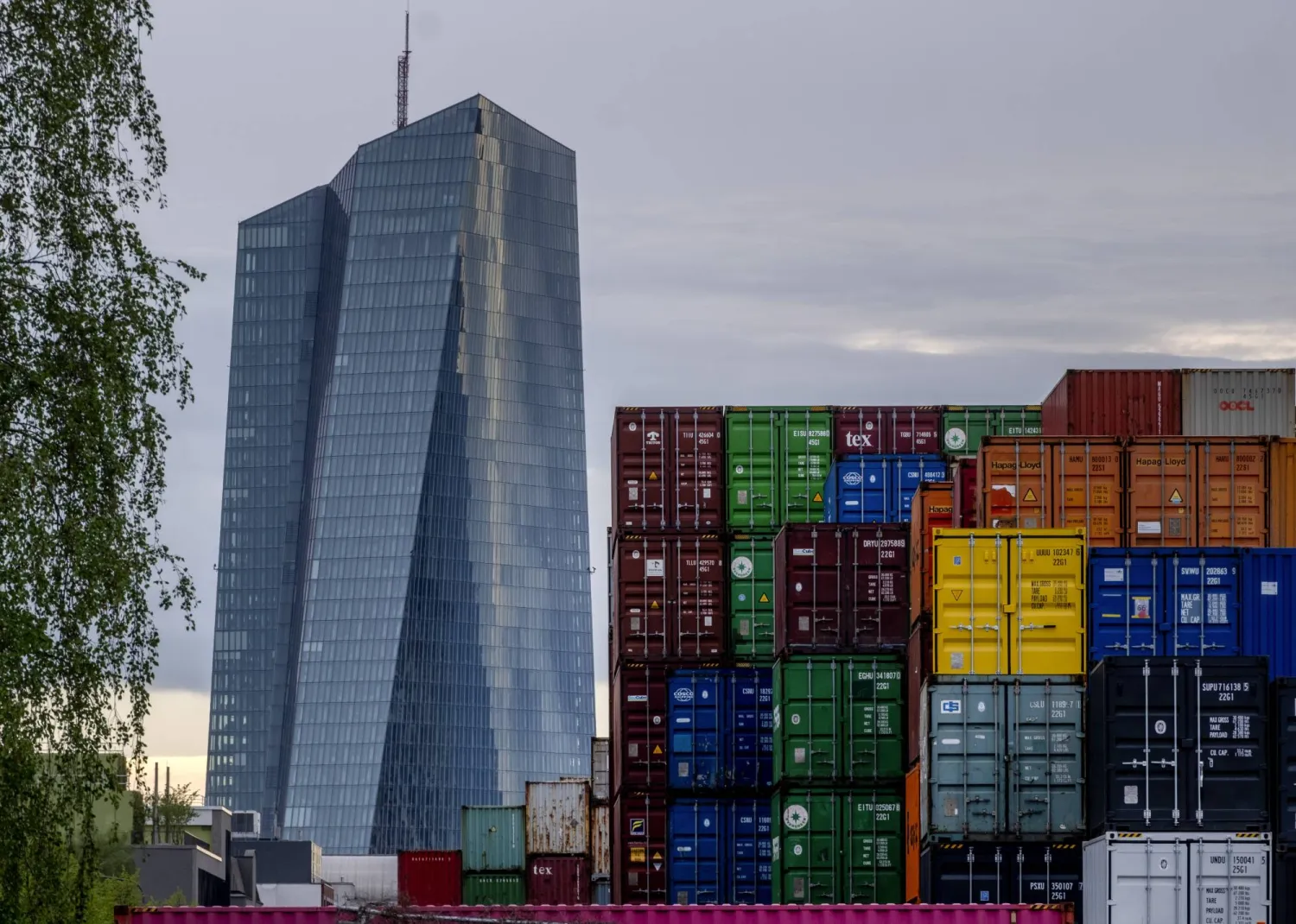Inflation in the 20 European Union countries that use the euro fell sharply to 2.2% in August, opening the door for the European Central Bank to cut interest rates as the ECB and the US Federal Reserve prepare to lower borrowing costs to support growth and jobs.
The August figure was down from 2.6% in July, according to figures Friday from European Union statistics agency Eurostat. Energy prices fell in August by 3%, helping lower the overall figure, while inflation fell to 2% in Germany, the eurozone’s largest economy.
The monthly figure is now close to the ECB’s target of 2%, the level considered best for the economy, The Associated Press reported. The central bank is charged with maintaining stable prices under the treaty that set up the European Union. Not all of the EU’s 27 countries use the euro.
Economists expect the ECB to cut its key rate by a quarter point from 3.75% at its Sept. 12 meeting, while the Fed is expected to cut rates from a 23-year high of 5.25%-5.5% at its Sept. 17-18 policy meeting.
Inflation Fell to 2.2% in Europe, Clearing Way for Central Bank Rate Cut

FILE - The European Central Bank is pictured next to containers in Frankfurt, Germany, on April 9, 2024. (AP Photo/Michael Probst, File)

Inflation Fell to 2.2% in Europe, Clearing Way for Central Bank Rate Cut

FILE - The European Central Bank is pictured next to containers in Frankfurt, Germany, on April 9, 2024. (AP Photo/Michael Probst, File)
لم تشترك بعد
انشئ حساباً خاصاً بك لتحصل على أخبار مخصصة لك ولتتمتع بخاصية حفظ المقالات وتتلقى نشراتنا البريدية المتنوعة







